Aside from serving as one of the best companions and pets in the world today, dogs also serve a very valuable purpose in the field of hunting, where they play a very important role in assisting the hunter in a variety of ways.
However, not all hunting dogs have the innate ability to hunt, and most dogs need to be trained to become skilled hunters. While it requires time and dedication, the rewards can be well worth it in the end. So how to train a hunting dog to perform well on the hunt? The following tips may be of help to you.
Choose the right dog breed
Different breeds of dogs are better suited for different hunting activities, it is important that you do your research before picking a dog for your hunting adventures. The type of game you wish to hunt, the terrain, and any other factor that may affect the dog’s performance should be taken into account.
For example, if you would like your dog to be able to track upland game such as quail or grouse, then a pointing breed such as a German Shorthaired Pointer or an English Setter would be a good choice for you. Both of these breeds have a natural instinct to point out game and both of them have a great sense of smell which enables them to track game.
If you are hunting waterfowl game, then breeds such as Labrador Retrievers, Chesapeake Bay Retrievers, and American Water Spaniels are excellent choices. Breeds such as these are innately suited to retrieve birds from the water and are excellent swimmers.
If you are looking for an extremely versatile hunting dog to take along with you while going hunting, then a German Wirehaired Pointer, Vizsla, or Weimaraner are some of the best breeds for doing that. The breeds of these dogs are good both for upland and waterfowl hunting and they have a good sense of smell when it comes to tracking.
Establish a strong bond
Get to know your puppy well and establish a strong bond with him so that it will feel comfortable around you, reward him for good behavior, and introduce him gradually to the hunting environment and methods. By doing so, you will be able to build a trusting relationship with your pup, which is a crucial component of building a successful hunting partnership between you two.
Teach basic obedience
Once you have chosen the right breed, you should start by teaching your puppy the basics of obedience. This includes teaching them to respond to commands like sit, stay, and come. You will be laying the groundwork here so that you can later teach more advanced hunting commands that you will need.
Train your dog to locate and retrieve game
Once the dog is trained to obey basic commands, you can work on more advanced commands and begin to introduce the dog to the sights, sounds, and smells of the outdoors. In the end, the dog should be taught how to locate and retrieve game with the use of positive reinforcement and reward-based training techniques.
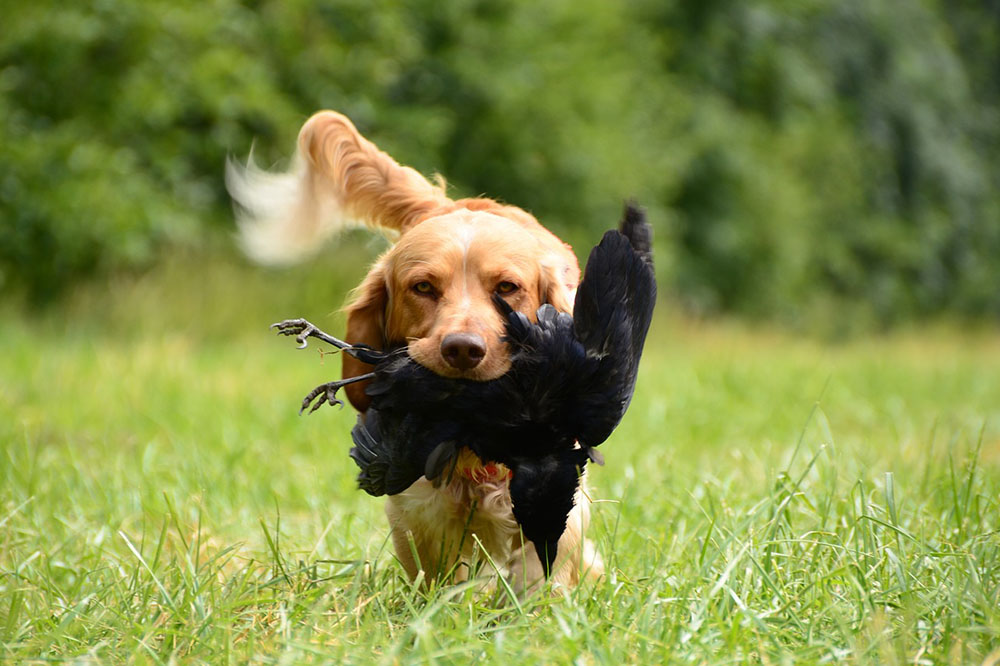
Make your dog accustomed to gunshots
If you’re going to take your dog on a hunt, it is important that he get used to gunshots as soon as possible because your dog should have no qualms about hearing the sound of gunshots in the field, and he should not be afraid of them. They will become startled by the sound if they are not accustomed to it, and they may run away.
Introduce your dog to hunting environment
In the next step, you should take your dog into the environment you will be hunting in, such as a field, forest, or marsh, and let them explore the area. Getting your pup used to their surroundings will help them become more aware of what they can expect when hunting, and thus be able to better understand how you are guiding them.
Practice your dog regularly
You need to practice your dog’s skills regularly to reinforce the skills and behaviors needed for successful hunting. This helps your puppy gradually become familiar with the area, get acclimated to different types of game, terrains and hunting conditions, and gain confidence in the field at the same time. Additionally, this is an excellent way of ensuring that your dog is well-prepared for hunting season at any time.
Take breaks
Your pup shouldn’t be overexerted at any time. It is vital that you take breaks and keep your training sessions short in order to ensure your puppy remains healthy and energetic throughout the training process.
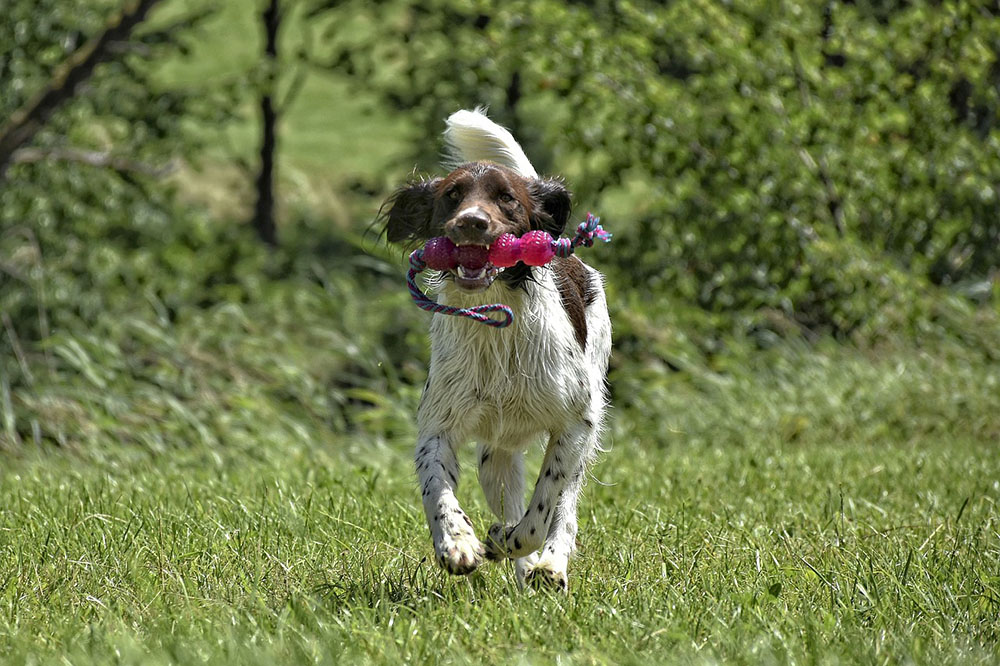
As dogs possess excellent athletic abilities, acute senses of smell and hearing, and are highly intelligent, after proper training, they can be one of the most useful tools in the hunter’s toolbox. As long as you have the right guidance and patience, you will be able to train the perfect hunting dog that you can rely on season after season.


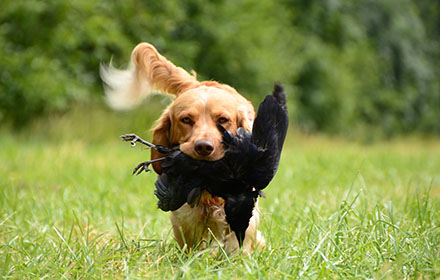
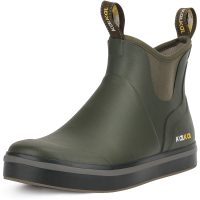

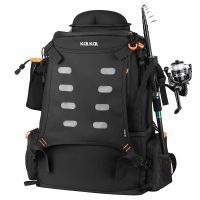
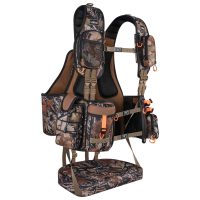
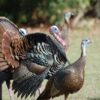
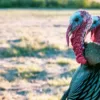
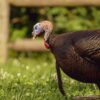

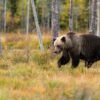
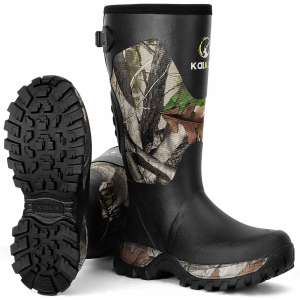
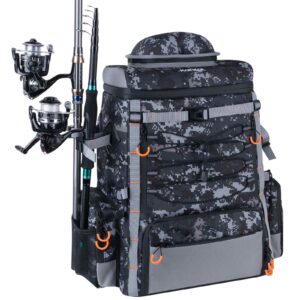
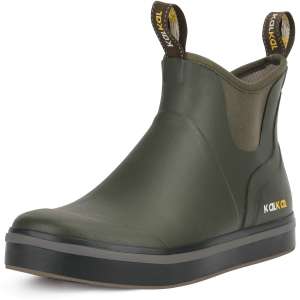
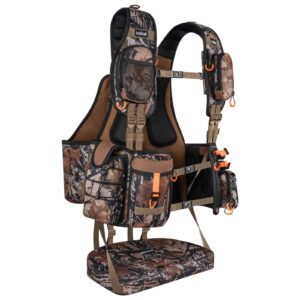
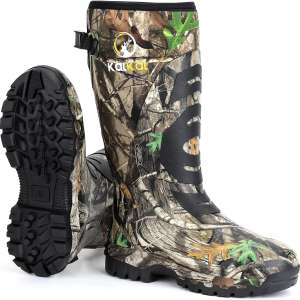



Leave a reply